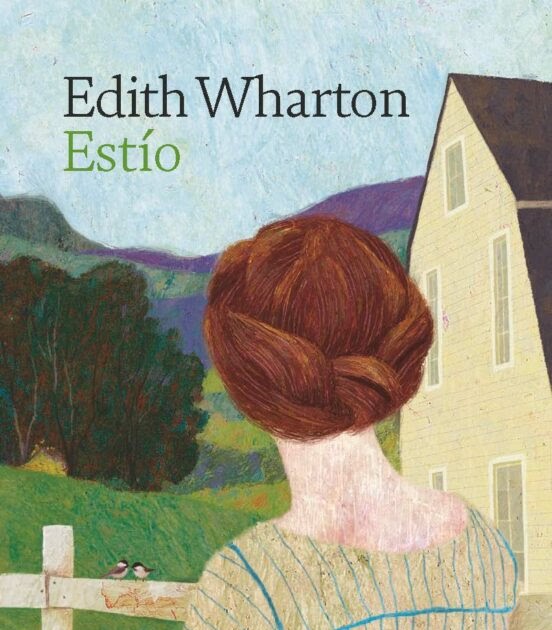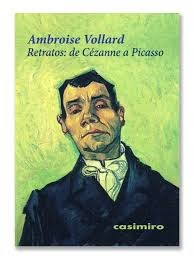
Original language: English
Original title: Summer
Year of publication: 1917
Translation: Ana Isabel Sánchez
Valuation: recommendable
Estio It demonstrates an excellent sensitivity and impeccable workmanship, like so many other classics that the illustrious Edith Wharton gave us. It is about Charity, a beautiful young woman who lives in a small town with Mr. Royall, an elderly lawyer who is her guardian. Charity’s life changes after the arrival of Lucius, an architect who comes from the city and with whom she ends up falling in love.
I suppose that this premise already shows that Estio It is a romantic and educational novel. Likewise, I would highlight that it works as a period portrait full of social criticism, since Wharton attacks in these pages, through subtle darts loaded with irony, against the constricting and hypocritical rural communities or the condescending arrogance of people who have seen the world and have money .
The story told by Wharton manages to make the most of all the elements it introduces. To this we must add that it is solidly structured, it is capable of giving an agile rhythm to its argument, it allows the reader to draw their own conclusions about various sections and it closes with a suggestive open ending.
On the other hand, the prose with which it is written seems remarkable to me. Not only does he know how to perfectly blend in with Charity’s way of thinking, despite using a third-person narrator; It also adapts to the tone required by each scene, atmosphere or feeling.
It is impossible not to grow fond of the protagonist, especially when the vicissitudes she experiences begin to shake her. The independence and pride that we initially guessed in her are reversed, as both society and her circumstances and choices push her towards a more passive and vulnerable character.
The rest of the characters are no less interesting, despite their secondary role. Some even have an unsuspected depth; I think, for example, of Mr. Royall or Ally, Charity’s friend.
In short: although Estio I found it less memorable than other works by Wharton, it remains an immortal classic, written with skill and heart. The thematic exposition and plot development are conducted with great skill by the author, and her characters have been outlined with such skill that we can almost touch them.
Source: https://unlibroaldia.blogspot.com/2023/12/edith-wharton-estio.html


